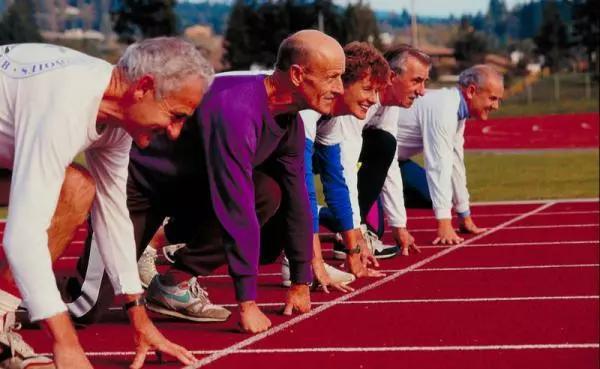跑步的年龄限制
Title: Optimal Age for Running in Sports
Running is a sport that people of various ages can participate in, but there are factors to consider regarding the optimal age for competitive running. Here's a breakdown of age considerations in the world of running:
1. Youthful Start:
Many professional runners begin their careers at a young age, often in their teens.
Youth runners can benefit from flexibility, adaptability, and a natural inclination towards physical activity.
However, intense training at a young age should be balanced with proper rest and recovery to avoid burnout or injuries.
2. Prime Athletic Performance:
For many runners, the prime years for peak athletic performance typically fall between the ages of 20 to 35.
During these years, runners often experience optimal physical conditioning, speed, and endurance.

Training methods, nutrition, and recovery strategies play significant roles in maximizing performance during this period.
3. Age and Experience:
While peak physical performance may decline after the age of 35, experience and mental fortitude can compensate for some of the loss in physical ability.
Many seasoned runners continue to compete successfully well into their 40s and even 50s, particularly in endurance events like marathons and ultramarathons.
Proper training modifications, injury prevention strategies, and adjustments to pacing become increasingly important as runners age.
4. Masters Athletes:
The term "masters athlete" typically refers to individuals over the age of 35 who continue to compete in organized sports.
Masters runners often find fulfillment in maintaining their competitive edge while prioritizing overall health and longevity.
Agegroup categories in races allow masters athletes to compete against peers of similar ages, fostering camaraderie and friendly competition.
5. Health Considerations:
Regardless of age, maintaining good overall health is paramount for runners.
Regular physical exams, injury prevention measures, and proper nutrition are essential for longevity in the sport.
Older runners may need to pay closer attention to joint health, flexibility, and recovery times to minimize the risk of injury.
Conclusion:
The optimal age for running in sports is subjective and depends on individual factors such as genetics, training history, and lifestyle choices. While peak physical performance often occurs between the ages of 20 to 35, runners of all ages can find joy, fulfillment, and competitive success in the sport. Whether you're a youthful prodigy, a seasoned master, or somewhere in between, running offers a lifelong journey of challenge, growth, and achievement.


